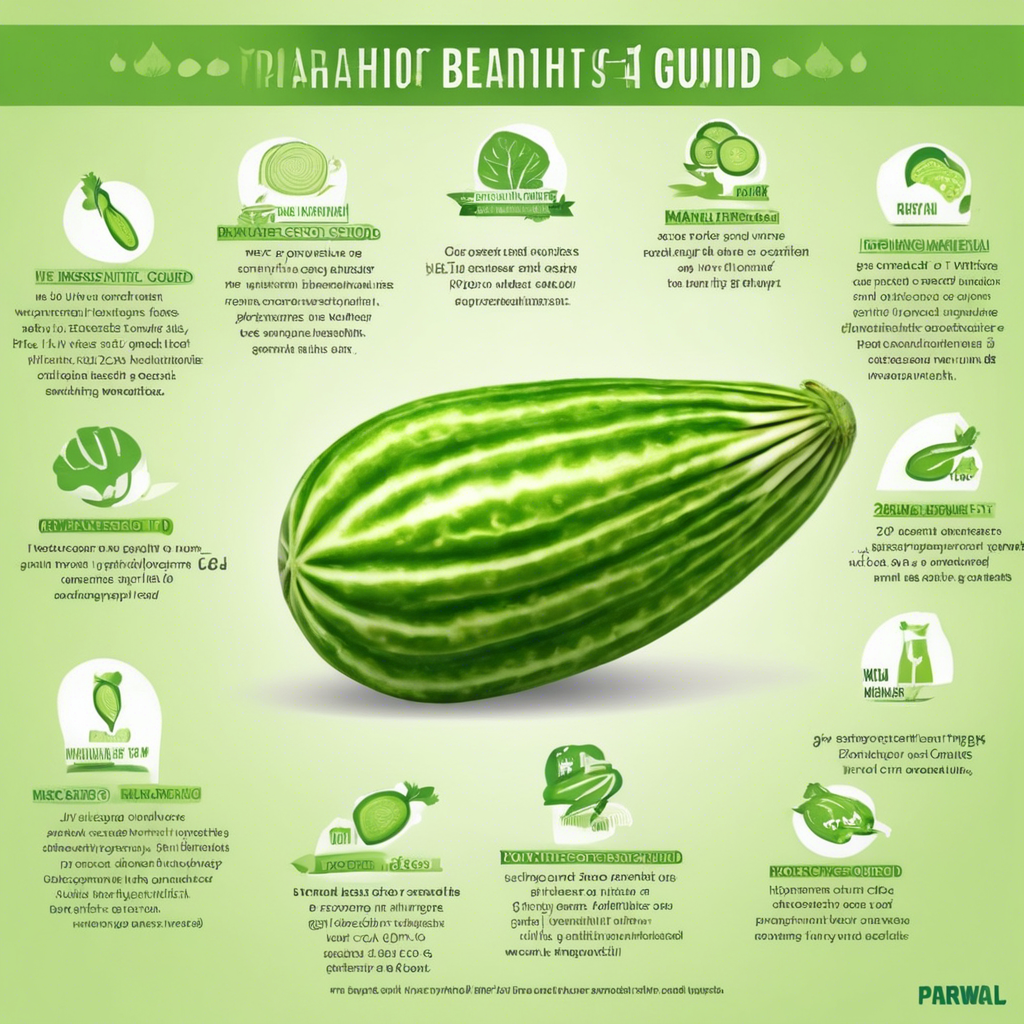One of the basic joys of life is eating mangoes in the summer! In addition to being tasty, they are also a great source of fiber, vitamin C, and vitamin A. They are also the ideal approach to combat the heat because of their luscious deliciousness. Mangoes are a delightful treat in the hot summer months, whether you eat them fresh, in a smoothie, or as part of a dessert. What is your go-to method for consuming mangoes?
Mangoes offer a luscious and refreshing taste that can help you stay cool on a hot summer day. A cool piece of ripe mango can provide immediate comfort from the hot heat.
Seasonal Delight: In many locations, mangoes are at their freshest and most tasty during the summer months. Nothing beats biting into a ripe, juicy mango that’s in season.
Mangoes are quite adaptable and can be enjoyed in a variety of ways throughout the summer. There are numerous great ways to integrate mangoes into your summer cuisine, including blending them into smoothies, throwing them into salads, and eating them plain as a snack.
Mangoes are not only sweet, but they also include critical nutrients such as Vitamin C, Vitamin A, and fiber. Snacking on mangoes during the summer might help you stay nourished and energized, especially if you’re out and about doing outdoor activities.

Varities of Mango
There are several mango varieties grown around the world, each with its own distinct flavor, texture, and look. Here are a few popular varieties:
Alphonso, often known as the “king of mangoes,” is valued for its rich, creamy texture, intense sweetness, and vivid orange-yellow flesh. They are mostly grown in India and are widely sought after due to their outstanding flavor.
Ataulfo (Honey or Champagne) mangoes are little yellow fruits with a smooth, buttery texture and a sweet, tropical flavor. They are widely farmed in Mexico and are also known as “champagne mangoes” because to their slightly floral aroma.
Tommy Atkins: Tommy Atkins mangoes are one of the most cultivated mango varieties in the world. They have red-green skin, a mild, sweet flavor and firm flesh. Although not as sweet or aromatic as some other varieties, they are known for their long shelf life and durability during transportation.
Kent: Kent mangoes have sweet, juicy flesh with a rich tropical flavor. They have greenish-yellow skin with a red blush and are known for their smooth, tongueless texture. Kent mangoes are popular in the United States and are available from late spring to early fall..
Health Benefits of Mango
In addition to being delicious, mangoes provide lots of health advantages.
Packed with Nutrients: Vitamin C, A, E, and several B vitamins are just a few of the important nutrients that mangoes are a wonderful source of. Minerals including copper, magnesium, and potassium are also present in them.
High in Antioxidants: Antioxidants, such as beta-carotene, are rich in mangoes and can help shield cells from harm brought on by free radicals. Anti-inflammatory qualities may also be possessed by these antioxidants.
Boosts Immunity: Mangoes’ high vitamin C content contributes to the body’s ability to fight off infections and illnesses by strengthening the immune system.
Enhances Digestion: Dietary fiber and enzymes like amylases, which aid in the breakdown of carbohydrates, are found in mangoes. This helps keep a healthy digestive system and prevent against constipation.
Enhances Eye Health: Vitamin A, which is necessary for preserving excellent vision and avoiding disorders like dry eyes and night blindness, is found in abundance in mangoes.
Promotes Heart Health: Mangoes’ fiber and antioxidants may help lower cholesterol, which lowers the risk of heart disease, while their potassium and magnesium assist control blood pressure.
Helps with Weight Loss: Mangoes are a satisfying snack that can help you feel fuller for longer periods of time, lowering the chance of overeating. This is because, despite their sweetness, they are low in calories and high in fiber.
Enhances Skin Health: The vitamins C and A found in mangoes are good for your skin since they encourage the creation of collagen, slow down the aging process, and maintain healthy skin in overall.
Mangoes can help with digestion for a variety of reasons:
Mangoes provide roughly 3 grams of fiber per cup (about 165 grams). Fiber promotes regular bowel movements and reduces constipation by bulking up the stool and facilitating its passage through the digestive tract.
Mangoes include enzymes such as amylases, which aid in carbohydrate breakdown and digestion. These enzymes can help with overall digestion and nutrient absorption.
Prebiotics: Mangoes include prebiotic dietary fiber, such as pectin, which feeds good gut bacteria. Mangoes can help maintain a good gut flora balance by supporting the growth of these beneficial bacteria, which is necessary for efficient digestion and overall health.
Hydration: Mangoes are abundant in water, which helps keep the body hydrated. Proper hydration is vital for healthy digestion because it allows food to pass smoothly through the digestive tract and prevents constipation.
Mangoes have alkaline qualities, which can help balance pH levels in the body. Maintaining a slightly alkaline environment in the digestive system may improve digestion and lower the likelihood of acid reflux or digestive discomfort.
Conclusion:
Mangoes, on the other hand, should be consumed in moderation due to their high natural sugar content. overall, adding mangoes into a balanced diet can improve general health and well-being.





Superb article
Informative article
Healthy citizens are the greatest asset any country can have.
Your article is good but please use black color in your content.